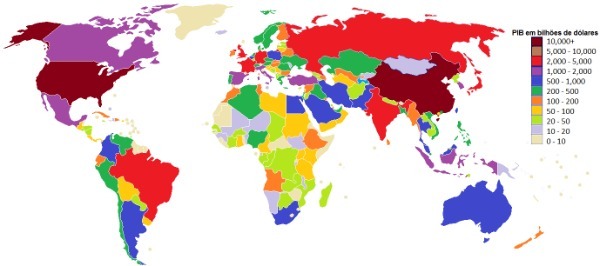Commercial balance is an expression used in the economic context and that refers to the set of everything that is imported and exported between countries.
When a given country imports more goods and services than exports, then it means that its trade balance is unfavorable, since there is a greater appreciation of production made abroad than domestic production.
Among the various consequences of this unfavorable scenario is the contribution to the devaluation of the local currency in relation to the foreign one, for example.
On the other hand, when the country exports more products than imports, it means that its balance commercial is favorable, since there is an appreciation of national production compared to foreign ones.
In this case, the favorable trade balance is a clear advantage for the country in question, as it attracts foreign currency, makes the local currency appreciate and strengthen, in addition to generating many jobs within the exporting country, for example.
In summary, the trade balance can be classified into three categories:
Surplus: when they have more exports than imports in the country;
Deficit: when imports exceed exports;
Commercial balance: scenario where the number of imports and exports are equivalent.
Learn more about meaning of deficit.
To get to the balance of trade it is necessary to subtract the value corresponding to imports from that of exports. If the result is positive, then the balance is favorable (surplus), if it is negative, it is unfavorable (deficit).
The result of the ratio (division) between total exports and imports indicates the index of coverage rate from the country. That is, the percentage at which the value of exports is able to pay for imports. This rate is important to assess the degree of independence or commercial dependence of a given country.
See also:meaning of surplus.
Brazilian trade balance
In Brazil, information on the country's trade balance is released weekly and monthly by the Ministry of Industry, Foreign Trade and Services (MDIC).
In addition to data on the Brazilian trade balance, it is also possible to consult the same information referring to states, municipalities, among others.



